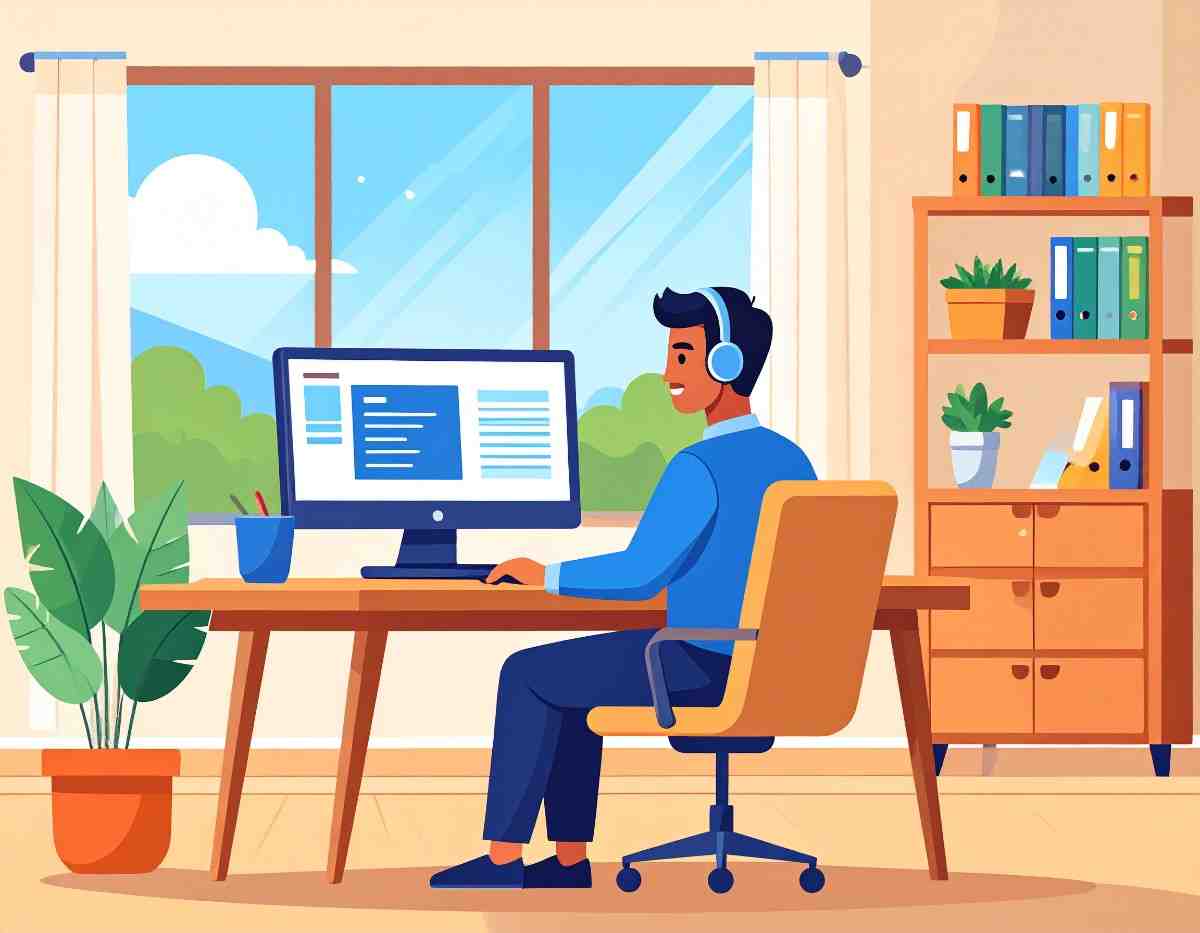


Learn how online educators and course creators can protect videos, PDFs, and training content through copyright registration in India.
With the rise of e-learning, digital coaching, and self-paced courses, educators and trainers are increasingly creating valuable content—be it videos, PDFs, slide decks, or full online programs. But with this boom comes a risk: unauthorized copying or reuse of your intellectual property. This is where Copyright Registration becomes a powerful tool for content protection.
In this blog, we’ll explain how educators and course creators in India can protect their original content through copyright, what qualifies for protection, and the steps involved in registration.
If you’ve invested time and effort in creating original learning material, copyright offers the legal recognition and rights needed to:
Prevent unauthorized reproduction or distribution
Legally challenge misuse or plagiarism
Monetize your content through licensing or syndication
Establish proof of ownership in case of legal disputes
While copyright exists the moment an original work is created, formal registration gives stronger legal backing and easier enforcement.
As an online course creator, you can register copyright for:
Video lectures and recorded sessions
Written modules, workbooks, and guides
Slide presentations (PPTs, PDFs)
Infographics and diagrams
Audio content like podcasts or recorded lessons
Original assessments or quizzes
eBooks or training manuals
All of these fall under the categories of literary, artistic, or cinematographic works in Indian copyright law.
While copyright covers expression of ideas, it doesn’t protect:
Raw ideas or teaching concepts
Course titles or slogans (these can be trademarked)
Generic or commonly known facts
Methods or processes (which fall under patents, if applicable)
So if your course covers general content, ensure the way you present it—your language, structure, visuals—is original.
Here’s a simple step-by-step guide:
Prepare the Content for Filing
Compile your course content into a suitable format (PDFs, videos, etc.) to submit as samples.
Choose the Correct Category
Select the right class of work—literary (for text), artistic (for graphics), or cinematographic (for videos).
File an Online Application
Visit the official Copyright Office website and file the application with details of the creator and work.
Submit the Work and Pay Fees
Upload a copy of your content and pay the government filing fee.
Receive Diary Number
Once submitted, you get a diary number that serves as proof of application.
Wait for Examination and Objections (if any)
If no objection is raised in 30 days, the registrar examines the work for originality.
Issuance of Certificate
If approved, a copyright registration certificate is issued as legal proof of ownership.
Identity and address proof of the applicant
A copy of the course content to be copyrighted
NOC from co-authors (if any)
NOC from publisher (if already published)
Power of Attorney if applying through an agent
In India, copyright for literary and artistic works typically lasts for the lifetime of the author plus 60 years after their death. This gives long-term protection to your course content.
Add copyright notice (© Name, Year) on all course materials
Avoid using third-party content without permission
Use your registered copyright certificate when issuing takedown notices
Maintain records of content creation dates and drafts
As a course creator or educator, your content is your intellectual capital. Copyright Registration is a cost-effective and powerful way to safeguard your work from misuse, piracy, and unfair competition. Whether you’re a solo educator or running an edtech platform, having your learning assets legally protected gives you the confidence to grow and monetize freely.
